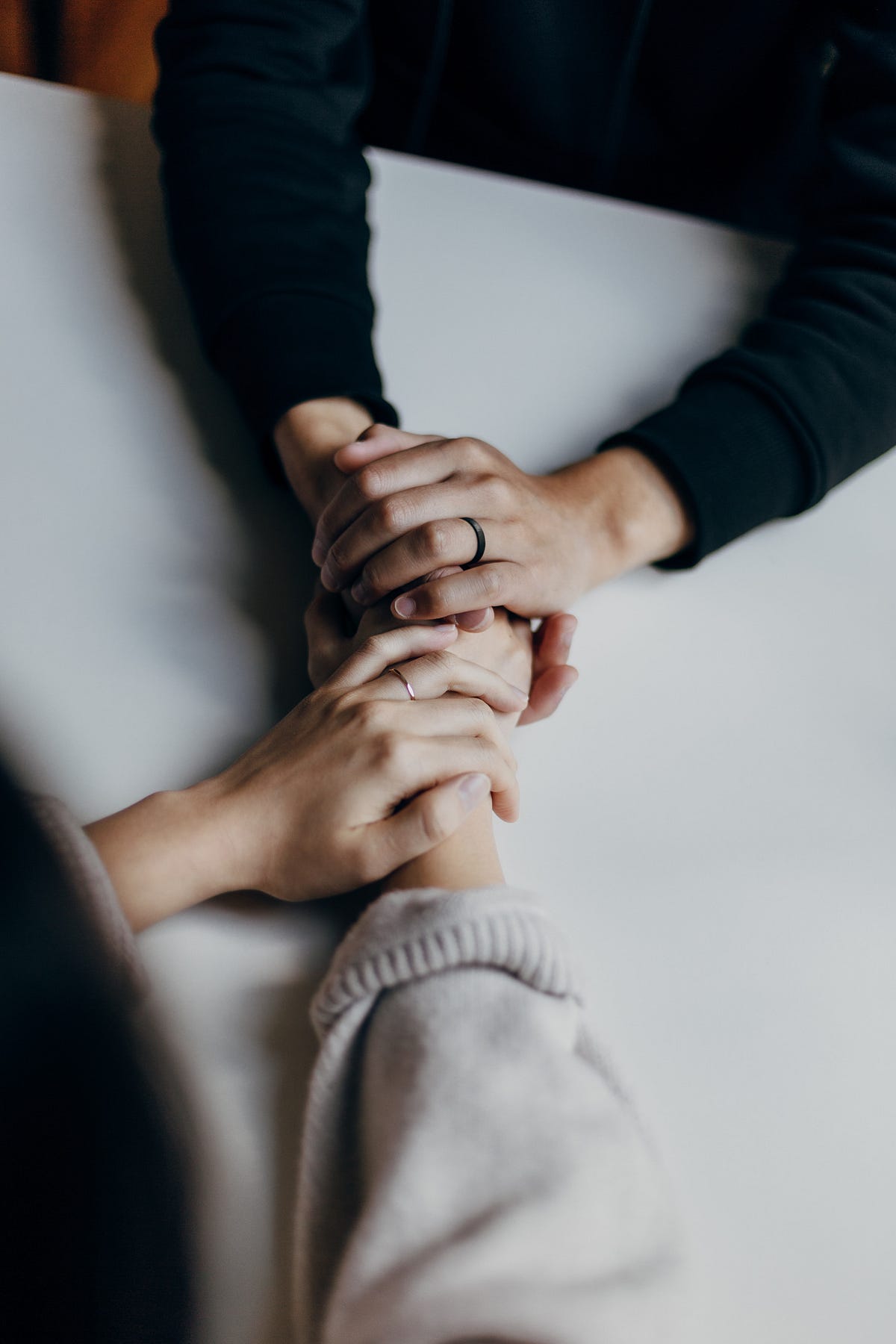Peer support services in addressing mental health issues

According to the World Health Organization estimates, the global burden of mental illness is likely to increase to 15% by 2020. (WHO, a call for action by World Health Ministers, 2001) NIMHANS survey states that in India, where 150 million people need mental care, only 30 million are treated or are cared for.
Addressing mental health issues through peer support is one of the best ways to cope several mental health challenges.
Services or experiences are there shared by people who had any kind of mental illness in the past. Peer support services can help in breaking down stigmas and social isolation of the patients.
Mental Health Condition in India
In 2017, there were 197.3 million (14.3% of the total population) people suffering from any mental disorder. Among them, people suffering with depressive (45.7 billion) and anxiety (44.9 million) disorders were the highest, according to Global Burden of Disease Study, 2017 .
The report also stated that one is every seven people in India had some kind of mental disorder. Females had observed high prevalence of depressive and anxiety disorders than their male counterparts. Northern states had high number of cases among children. Mental disorders caused in adulthood were high in Southern part of India.
Huge treatment gap
India faces a huge treatment gap in treating mental illness of many kinds. There is also a huge shortage of mental health professional and lack of infrastructure. According to the 2017 data of mental Health Atlas, India has 1.93 of total mental health workers and 0.29 psychiatrists per 1 lac population. Apart human resources, financial resources spent on mental health is only Rs. 4 per person. A press release on India’s first mental health policy, suggested that by 2020, 20% of the India population will suffer from some form of mental illness. (PIB, 2014)
Peer support
Davidson writes, peer support can be defines as, a person who had faced or have overcome any sort of mental illness in past offer services to people who have similar conditions. Their services broadly include; hope, encouragement, light, care, support etc.
Further, it also builds a strong mutual relationship between support worker and the respondent. This relationship break the walls of stigma, fear and doubts and builds a positive bond between each other.
Quality Rights Gujarat Project
The concept of peer support services is very old. It is only in 1980’s formal peer support services began. Quality Rights Gujarat Project can be seen as a model of peer support services in India. The project began in 2014. It was the joint efforts of Ministry of Health and Family Welfare, Gujarat state, Centre for Mental Health Law and Policy, Grand Challenges Canada and the World Health Organization.
The project had aimed together to reform mental health situation in the state of Gujarat, India. The project had also used the WHO’s Quality Rights tool kit and framework to bring about innovations in mental health care facilities. The project had also focused on using family and Peer Support Groups. Peer Support Volunteers were trained in providing recovery care and communicate better their experiences with people.
Peer Support Volunteers (PSV) was then appointed in mental health centers doing their duties. Another study had focused on the interviews of Peer support workers working in two mental hospitals in Gujarat. Service users either communicate one on one with PSVs or by participating in what known as “Maitri Groups”. Further, peer support services had a positive effect on people’s lifestyle, knowledge, awareness.
Women’s side by side policy report
According to the recent Women’s side by side policy report, 2020 by Agenda and Mind organizations, the mental challenges of both men and the women are different. They have also second the fact that there are a high numbers of mood disorders in women. The umbrella of using only women space to hear their problems is an effective method.
However, there is a need for adequate funding, persistent level of capacity building programs, both qualitative and quantitative data requirements, integrating peer support services in other areas of development sectors.







